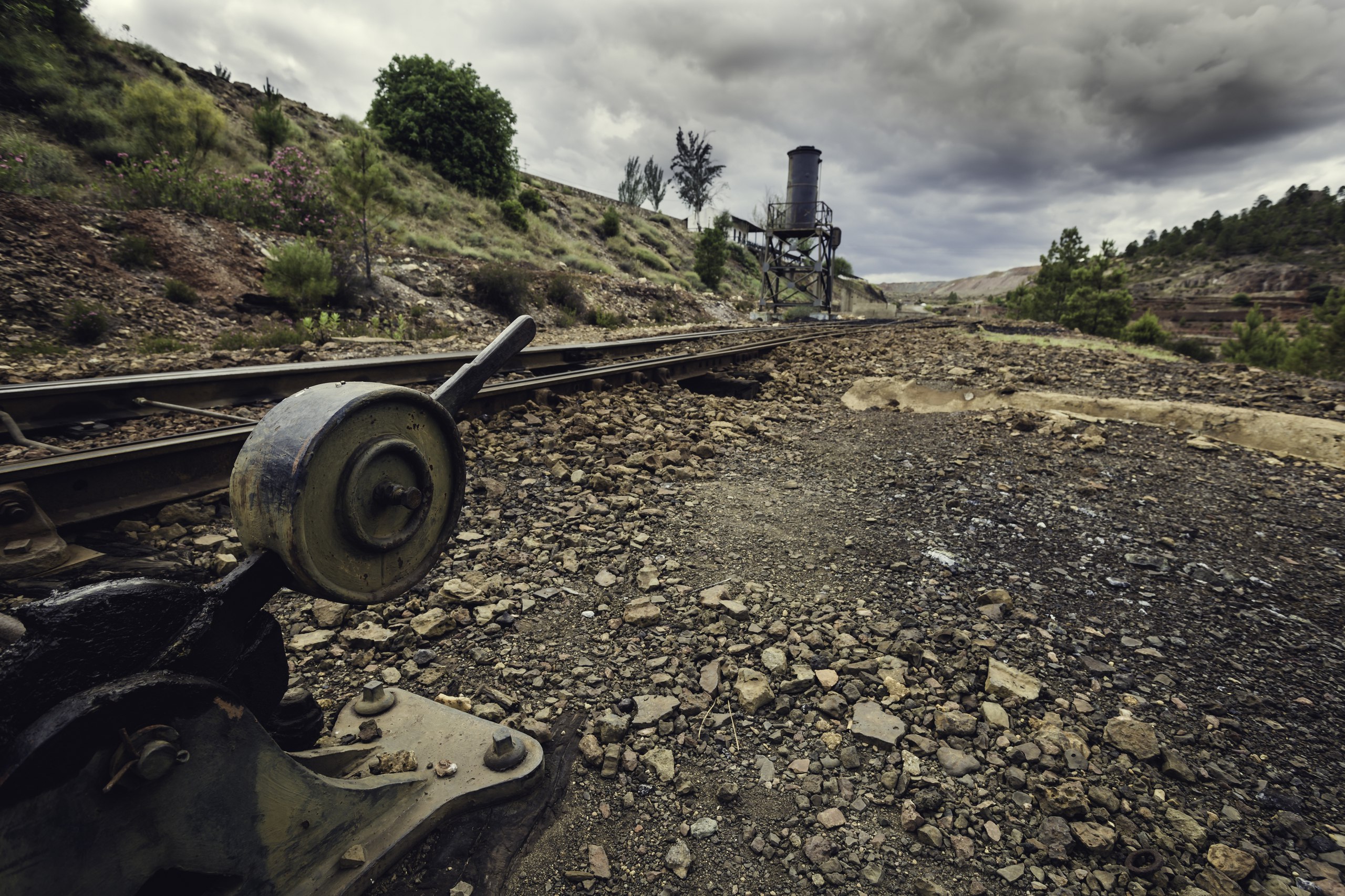Poland is not in a hurry to block rail transit, but does not expect Minsk to fulfill its conditions either
 The situation has not changed
The situation has not changed

Warsaw has so far been unable to block railroad connections with Belarus due to the need to coordinate this issue with its EU allies. Instead, the Polish side artificially slows down traffic through land checkpoints, which leads to multi-kilometer queues to enter Poland. Recent sanctions are also contributing to the traffic slowdown. Apparently, Warsaw does not expect Minsk to take its demands seriously. Therefore, in addition to technical measures, the Polish authorities are strengthening the military presence on the border.
While the Polish government threatens to block the railway connection with Belarus, the joint transport and logistics company Eurasian Railway Alliance (UTLC “ERA”) has increased the transportation of containers between China and Europe.
In the first half of 2023, “OTLC ERA” transported 189.1 thousand containers in 20-foot equivalent from China to Europe, which is 65.8% more than in the same period last year. The growth of transportation is associated with the attacks of Yemeni Hussites on ships passing through the Suez Canal, because of which part of the container operators sent their ships around Africa. At the same time, the flow of cargo from Europe to China decreased in the second quarter by 9% compared to the first quarter of this year.
Kamil Klysinski, an expert at the Warsaw Center for Eastern Studies (OSW), admits that Warsaw may indeed go for a border closure if it is forced by circumstances. Warsaw hopes that the very threat of the blockade will have a more successful effect on Lukashenka regime than the blockade itself. The Polish side has once again warned Lukashenka that he will not be able to test their patience indefinitely. The West reacts slowly, because it has to follow procedures and take into account the rights of different subjects, but the response can be harsh.
On this basis, the Polish authorities have so far artificially slowed down transit through both railroad and road passenger and cargo checkpoints. However, the side effect of this policy is the giant multi-kilometer queues of cars at the entrance from Belarus to Poland – the waiting time to cross the border has increased several times. For example, according to the data as of 10:00 a.m. on August 2, 550 cars and 65 buses were idle in the Polish direction. According to the CPC, the Polish control services “during the week processed no more than 40% of the norm”. Users in border chat rooms say that on average it takes 25-30 hours for a passenger car to pass the border. Some stood idle even longer.
Asimilar situation was observed with cargo trucks both on the border with Poland and Latvia. About 2100 trucks were waiting to enter the EU on the morning of July 30. At the same time, the main reason for this state of affairs is attributed to the new EU sanctions, introduced in early July against Belarus.
At the same time, the number of attempts of illegal entry into Poland by Belarus is gradually growing (July 30 – 90, July 31 – 60). This suggests that the Belarusian regime is not going to fulfill Warsaw’s demands.
Apparently, the Polish side does not expect to fulfill its requirements either. In these circumstances, Polish Defense Minister Vladislav Kosiniak-Kamysz gave the start of the operation “Safe Podlasie”, which officially begins on August 1 and will replace two other operations of the Polish army, GRYF and RENGAW.
The new operation aims to assist the Border Guard in patrolling the border and is a response to migration pressure. In the first cadence (six months), soldiers from the 18th Iron Mechanized Division will be present at the border, and a total of 17,000 troops are expected to be involved in the operation. The operation will continue until the army deploys the so-called “border defense component,” consisting of troop units, territorial defense units, and others.
Apparently, as the migration crisis escalates, Warsaw’s preparations for a complete blockade of rail transit will cease to be a mere rhetorical threat and will move into the phase of practical implementation.
Subscribe to our newsletter




Situation in Belarus
Constitutional referendum: main consequences


 Video
Video
How to count the political prisoners: are the new criteria needed?


 Video
Video
Paternalism In Decline, Belarusian Euroscepticism, And The Influence Of Russia


 Video
Video












